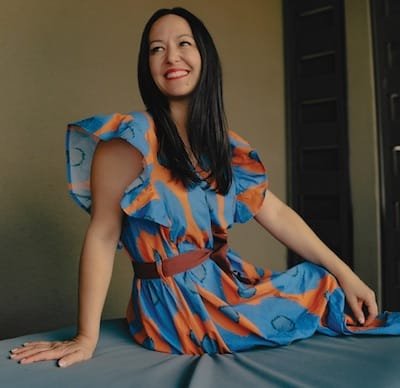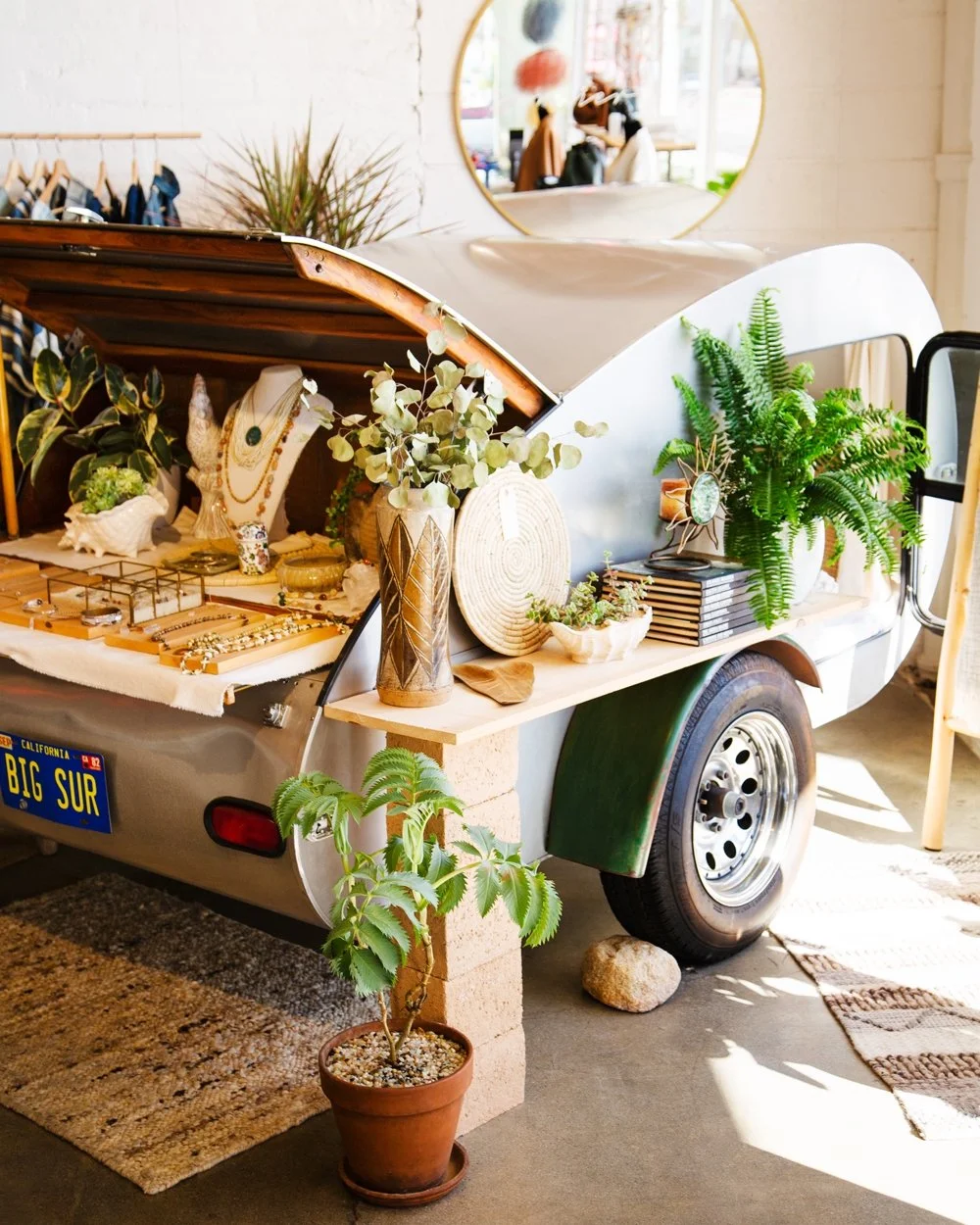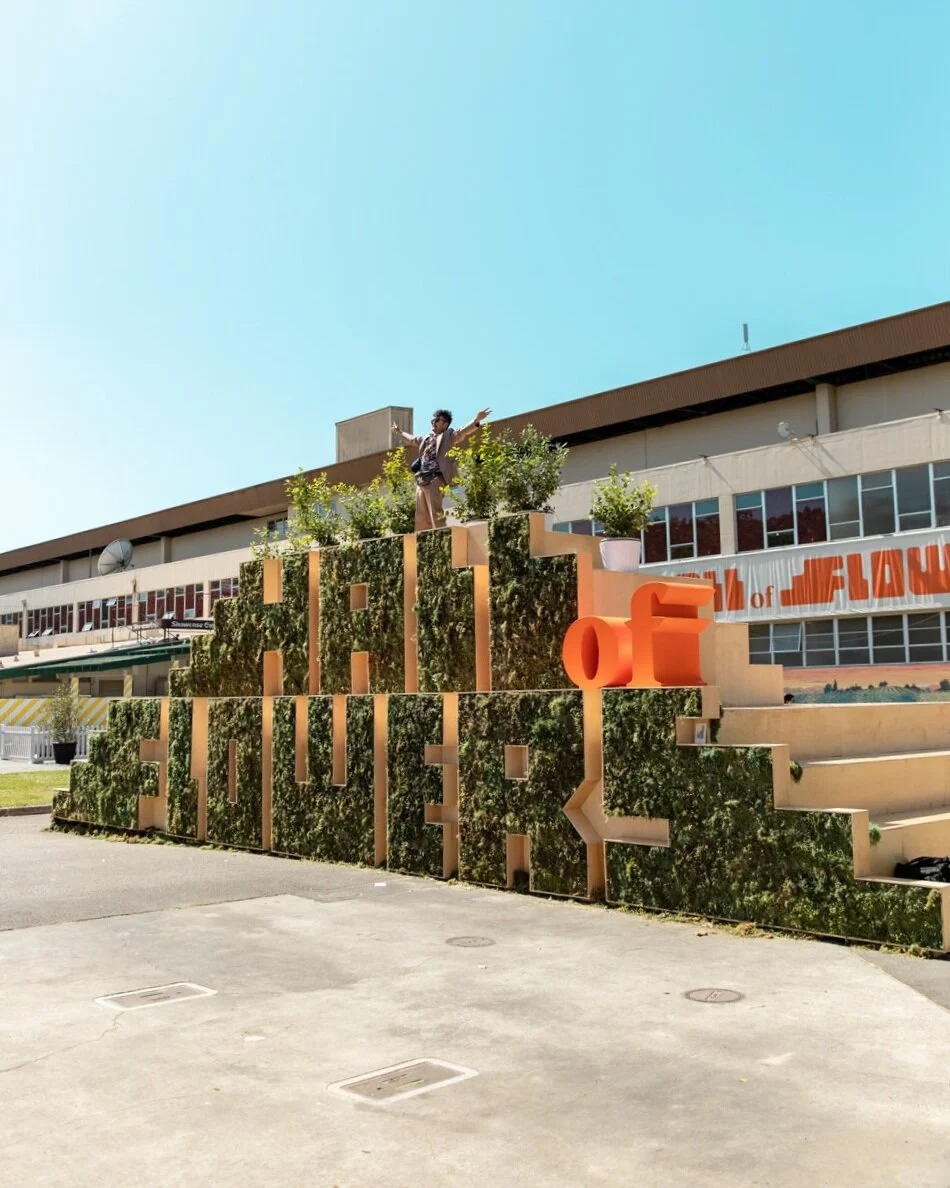The Global Seed Vault: Preserving Heritage and Nutritional Security for Generations to Come
Deep inside a mountain on a remote island in the Svalbard archipelago, halfway between mainland Norway and the North Pole, lies the Global Seed Vault. From all across the globe, crates of seeds are sent here for safe and secure long-term storage in cold and dry rock vaults. Built to stand the test of time, the Global Seed Vault was opened by the Norwegian Government in February 2008 and currently represents the world’s largest collection of crop diversity. Ranging from unique varieties of major African and Asian food staples such as maize, rice, wheat, cowpea, and sorghum to European and South American varieties of eggplant, lettuce, barley, and potato. The focus of the Vault is to safeguard as much of the world’s unique crop genetic material as possible, while also avoiding unnecessary duplication.
Permafrost and thick rock ensure that the seed samples will remain frozen even without power. The Vault is the ultimate insurance policy for the world’s food supply, offering options for future generations to overcome the challenges of climate change and population growth. It will secure, for centuries, millions of seeds representing every important crop variety available in the world today.
On February 25th, the Global Seed Vault accepted its 2020 donations, among which included seed samples from the Cherokee Nation. Although the Global Seed Vault contains more than one million seed samples from around the world, this marks the first time that a U.S. Native American tribe has been invited to store its seeds inside the facility, ensuring the preservation of its heritage for generations to come.
Photo by Svalbard Global Seed Vault
“Anadisgoi, the Cherokee Nation newsroom, reports that nine samples of heirloom seeds were collected to send to the vault, including Cherokee White Eagle Corn—which the tribe considers to be its "most sacred" corn—Cherokee Long Greasy Beans, Cherokee Trail of Tears Beans, and Cherokee Candy Roaster Squash.”
Climate change alone will place unprecedented pressures on our ability to grow the food we require and although there are currently more than 1,700 genebanks around the world which hold collections of food crops for safekeeping, many of these genebanks are vulnerable and could be exposed not only to natural catastrophes and war, but also to avoidable disasters, such as lack of funding or poor management. Something as mundane as a poorly functioning freezer can ruin an entire collection.
It was this recognition of vulnerability of the world’s genebanks that sparked the idea of establishing a global seed vault to serve as the ultimate backup up storage facility. A greater diversity of genetic resources in genebanks, available to all through an efficient, global conservation system will help to ensure a secure food supply at more stable prices in the face of the unforeseeable but inevitable challenges we will face.
“This is history in the making, and none of it could have been possible without the hard work of our staff and the partnership with the team in Norway,” Cherokee Nation Principal Chief Chuck Hoskin Jr. said. “It is such an honor to have a piece of our culture preserved forever. Generations from now, these seeds will still hold our history and there will always be a part of the Cherokee Nation in the world.”
Resources: Crop Trust | Food & Wine | Svalbard Global Seed Vault | Ministry of Foreign Affairs - Video | CNN |










